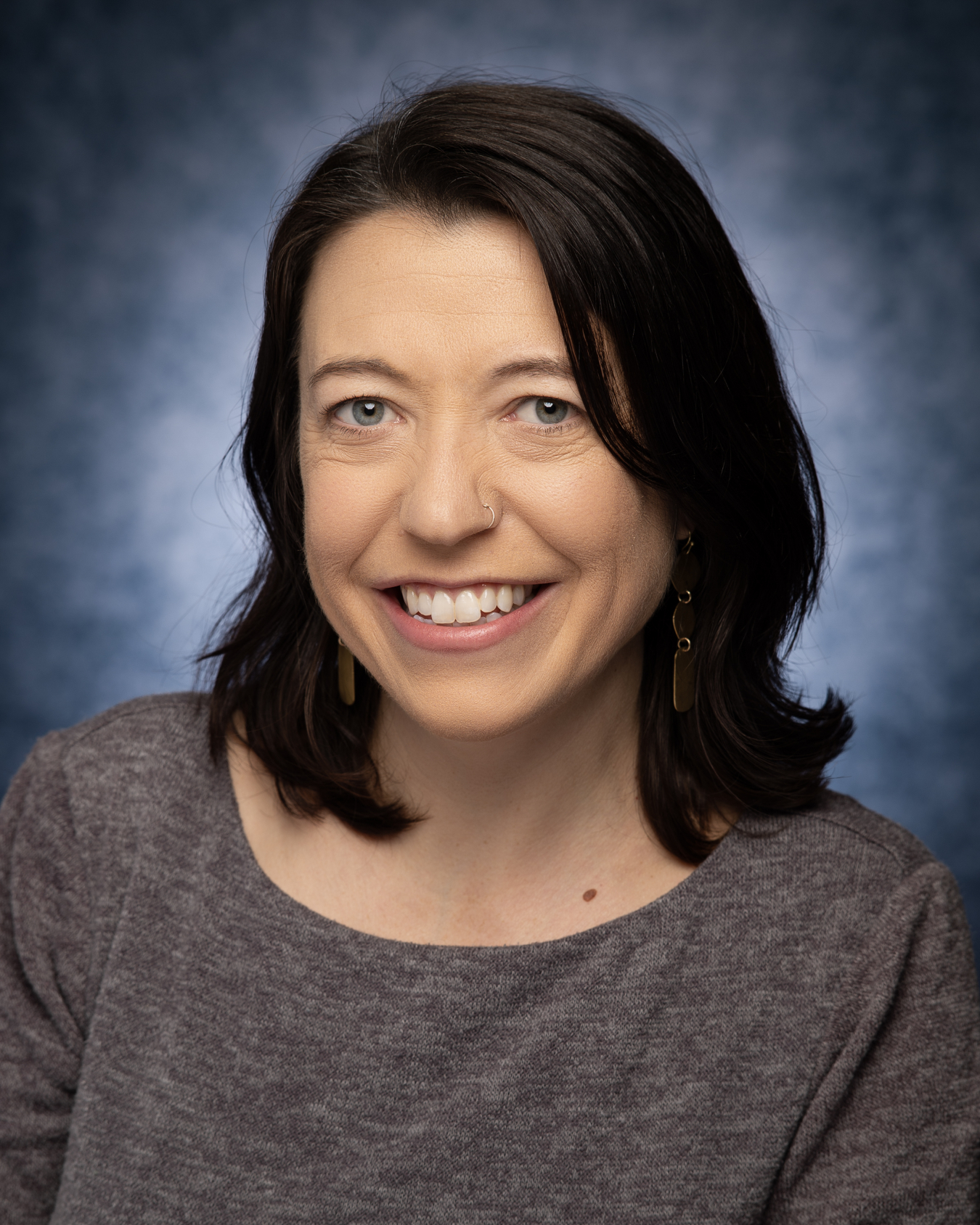Did you know that you have the U.S. Department of Energy to thank for some of the science behind keeping your turkey fresh?
November 27, 2024
Keeping your turkey fresh is perhaps something you take for granted, but did you know that you have the Energy Department to thank for some of the science that made that possible?
The science used in particle accelerators -- like the two-mile-long one at our SLAC National Accelerator Laboratory in Menlo Park, California -- also backs the process that makes the shrink wrap around Thanksgiving’s most common menu item. Particle accelerators used for science are many times larger and more powerful than typical industrial accelerators, but the underlying principle is the same.
Here’s the scoop – molecules in plastic are cross-linked by accelerated electrons, making the plastic both tougher and more heat resistant so it can be stretched into a thin film and keep that shape when it cools without breaking or melting. When you reheat the film (for instance, after food-packaging companies place a turkey into a plastic bag), the plastic can shrink back down to create a tight seal.
This is certainly helpful as we shop and prep our food for our households, but it clearly isn’t the only market for particle accelerator use. Particle accelerators can also cross-link plastics to sterilize medical equipment, make electrical wiring safe, help treat cancer, protect against nuclear attacks through their X-ray imaging powers, and explore particle physics to understand more about the basics of the universe. And the benefits and projects will continue to expand.
This summer, we announced $12 million in funding for advanced research projects in Particle Accelerator Science and Technology for scientists at eight universities, 10 National Laboratories, and five companies working on challenging problems in medical, industrial, and security applications.
So, when you’re saying your thank you’s at Thanksgiving, here’s one suggestion for you: Thank you, physics.
This blog was originally posted on November 23, 2020 and has since been updated.
AnneMarie Horowitz

AnneMarie Horowitz is the Chief of Staff for the Arctic Energy Office. She joined the Arctic Energy Office in May 2023, and previously served as the Acting Communications Director until September 2023. AnneMarie has been with the Energy Department since 2010, and was previously on the digital team of the Office of Public Affairs, where she managed digital projects and internal employee communications efforts. AnneMarie was the Digital Communications Manager from March 2023 - September 2023 for the Department of Health and Human Affairs' Public Education Campaign, We Can Do This, to share information about the COVID vaccine.
AnneMarie founded two active employee resource groups at the Department of Energy: POWER (Professional Opportunities for Women in Energy Realized) and the Emerging Professionals Group. From 2015 - 2017 she served as the Special Advisor on workforce issues for Deputy Secretary of Energy Dr. Elizabeth Sherwood-Randall. She has also previously worked in the Under Secretary for Management and Performance and the Office of Economic Impact and Diversity.
AnneMarie created the STEM Rising: Women @ Energy series, featuring profiles of women from the agency who work in STEM careers. She was critical to establishing the Equality in Energy Transitions Initiative, a dual-hatted effort of the International Energy Agency and the Clean Energy Ministerial to advance the transition to a clean energy economy by engaging more women in clean energy, and is involved with the U.S. C3E Initiative as an award reviewer and communication. During the Obama Administration she was a DOE designee to the White House Council on Women and Girls. AnneMarie was a U.S. delegate to the APEC Women in the Economy Forum in 2014 in Beijing, China.
AnneMarie has a BA in Political Science from the University of Portland and a Masters of Government from Johns Hopkins University. She resides in Philadelphia.

